In preparation for the consideration of candidates meeting the standards for associate professors and professors (PGS, GS) in 2024, the Office of the State Council of Professors (SSC) has issued Official Dispatch No. 74/HĐGSNN to Vietnamese scientific journals, requesting these journals to propose a scoring framework for their journals. This proposal will be the basis for the SSC to stipulate a list of Vietnamese scientific journals that will be scored in 2025. Accordingly, the scientific work that the candidate declares in the application for Associate Professorship, Professorship published in any journal will be considered by the council at a score within the framework of that journal as prescribed by the SSC in the list.
Council of Abuse ?
In Official Dispatch 74, the National Council of Professors requested that journals send to the Office of the National Council of Professors copies of peer-reviewed scientific articles in the 2023 issues. In response to this request, a number of scientists sent Thanh Nien Newspaper their objections, arguing that the content of the request is contrary to the basic principles of scientific publishing.
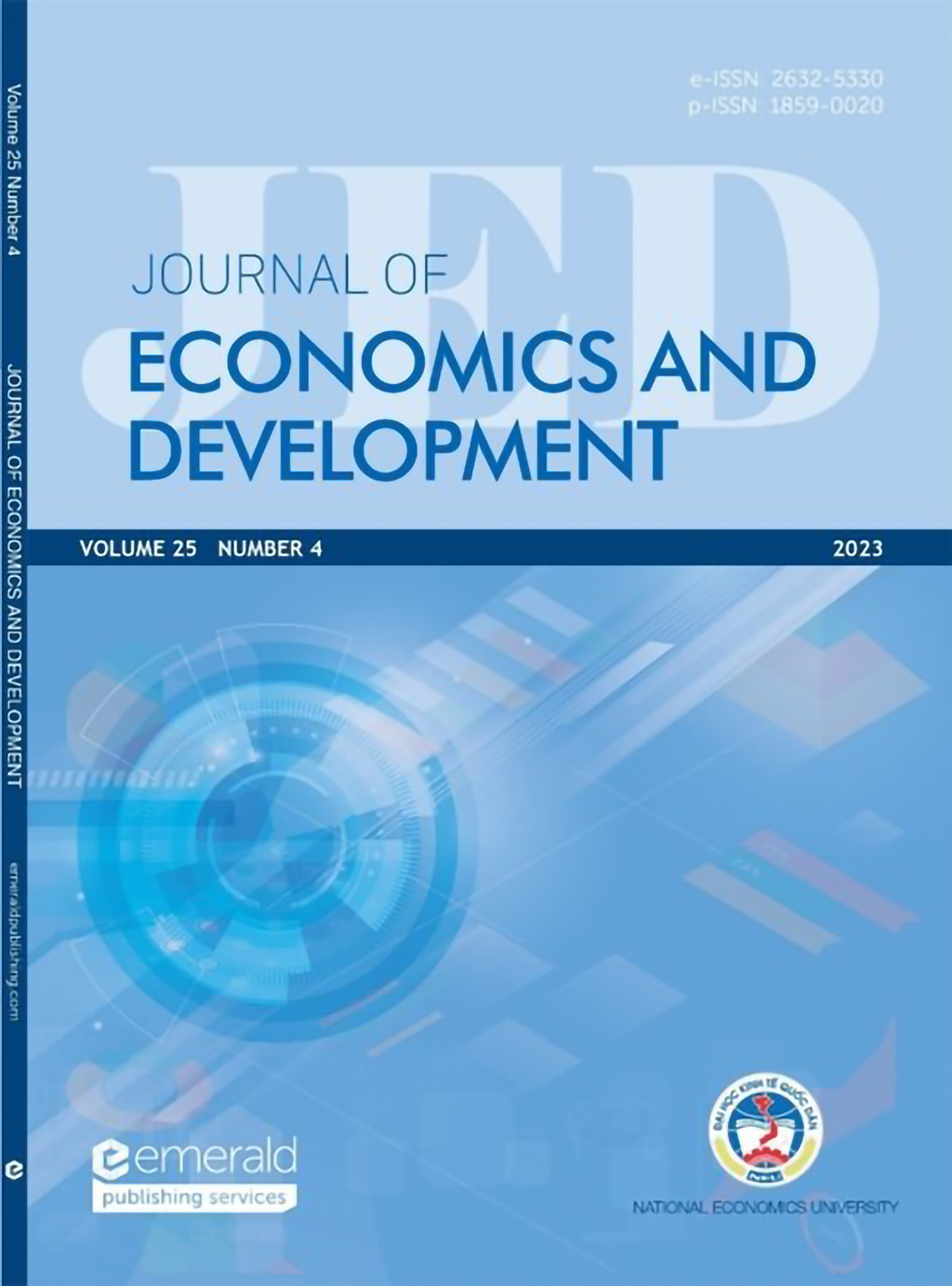
The Journal of Economics and Development of the National Economics University is one of the few Vietnamese scientific journals listed in the Scopus index.
According to scientists, in the process of publishing scientific research works (hereinafter referred to as articles), reviewers' opinions need to be kept confidential (unless the journal has open regulations on review). "For example, when I am invited to review an article, only the author and the editorial board (EDB) know my opinions, and only the EB knows my identity. When I write an article and respond to reviews, only the EB and reviewers can read my answers. If the journal conducts double blind review, the reviewer will not know my identity (the author of the article). In short, it is a closed process between the author, reviewers and the EB. It is impossible for another entity to request the journal to submit evidence of that," said a scientist in the technical field.
Dr. DOAN MINH DANG, a scientist working in Germany
The above scientist also believes that the requirement to submit evidence of rebuttals is an abuse of power by the National Council of Professors in assessing the quality of scientific journals. It shows that the National Council of Professors does not understand the basic principles of scientific publishing. If journals meet the requirements of the National Council of Professors, it means that they do not respect the authors and reviewers who have contributed articles and efforts to them. This is a matter of academic freedom, of the independence of a scientific forum from institutions.
QUESTIONING THE SCIENTIFIC EVALUATION CAPACITY OF THE COUNCIL
"They are not required to do that. If they want to evaluate journals, they have to find another way. The ISI and Scopus systems still rank journals without requiring submission of counter-arguments! If the National Council of Professors does not have the capacity to evaluate journals like international ranking organizations, then do not do it and do not recognize domestic journals that are not internationally ranked. We should learn from how others in the world do it! We cannot use quality assurance as an excuse to violate basic principles. If we cannot do it, then hire someone else. This is a common solution in all fields, not just in the field of scientific evaluation," said a scientist from Hanoi University of Science and Technology.
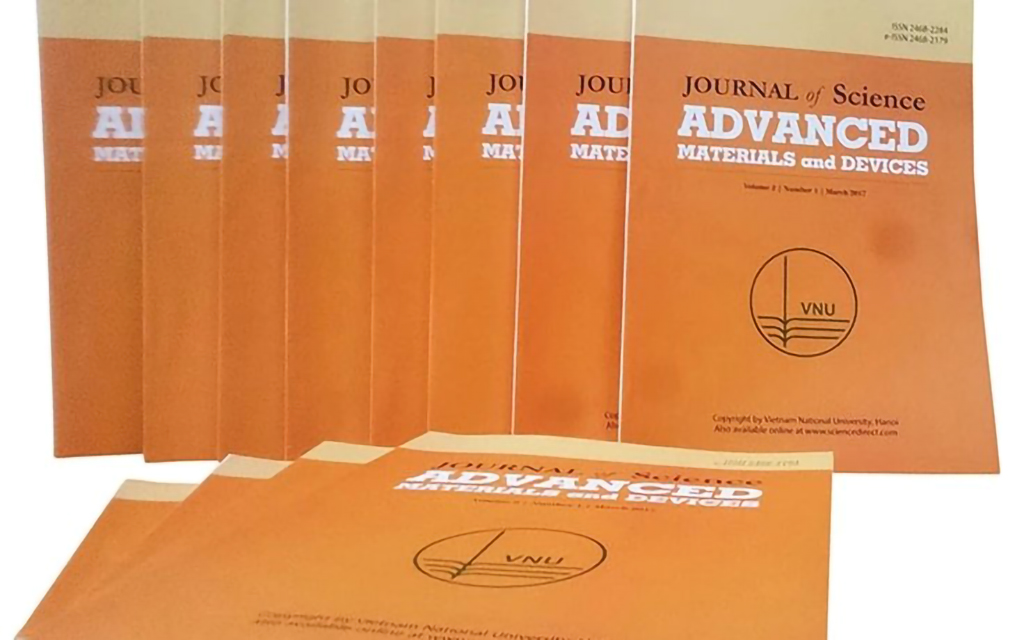
Journal of Advanced Materials and Devices (JSAMD), a scientific publication jointly published by Vietnam National University, Hanoi and Elsevier Publishing House (Netherlands), is one of the very few Vietnamese scientific journals ranked among the prestigious international scientific journals.
Dr. Doan Minh Dang, a scientist working in Germany, said he agreed with the above comments of domestic scientists. If the National Council of Professors does not have a convincing way to evaluate journals, then they should not calculate scores for those journals. Evaluating scientific journals is not simple. Organizations like Scopus have to operate for many years and have relationships with a large scientific community, so they can create indexes that are considered acceptable. Now, if the National Council of Professors only relies on review votes, it is like checking invoices and documents. This is even less meaningful when the National Council of Professors does not have enough resources to skim through those review votes to know if the content is fake or written by AI (artificial intelligence).
Associate Professor TRAN ANH TUAN, Chief of Office of the National Council of Professors
"Even if the reviewer votes are verified to be real or fake, those votes are not a "sufficient condition" to show how influential the journal is. That is, the solution is half-hearted, trying to plug one loophole will surely reveal another loophole. It is better to wait until there are resources to do a proper evaluation. Or if there are not enough resources but want to gradually build a way to evaluate journals, then a plan and roadmap should be established and announced to the scientific community several years in advance so that they can prepare and contribute," Dr. Doan Minh Dang commented.
EXPLANATION FROM THE OFFICE OF THE GSNN COUNCIL
According to Associate Professor Tran Anh Tuan, Chief of Office of the National Council of Professors, the reason why the National Council of Professors requires journals to submit copies of peer review evidence (2-way, 1-way...) is to have a basis for evaluating the quality of the journal. "Vietnam has many scientific journals with very different quality. Many journals announce that they have a peer review process but in reality do not follow it properly. If there is no requirement to provide evidence of whether peer review is included in the publishing process or not, the councils at all levels will not have enough basis to evaluate the quality of the journal," said Associate Professor Tran Anh Tuan.
In response to opinions that the ISI, Scopus systems... still evaluate and rank journals without requiring journals to submit evidence of peer review, Associate Professor Tran Anh Tuan said: "If the Vietnamese journal system achieves international standards, it will be a great advantage in evaluating the quality of Vietnamese scientific journals. In reality, scientific journals to be indexed in prestigious international journal lists have gone through a rigorous quality assessment and inspection process. In Vietnam, there is no such system for evaluating journal quality. Even ACI (Asean Citation Index - Southeast Asia's scientific journal index system) Vietnam only has over 20 journals that can be included."
Associate Professor Tran Anh Tuan added that if we only score some journals that have been indexed internationally or regionally, it is not suitable for practice. We need to have Vietnamese scientific journals in the list of journals that are scored by the National Council of Professors. In fact, Vietnamese journals that have met international and regional standards are of course included in the list with the international journal scoring framework. The above requirement is only for domestic journals. However, the National Council of Professors will receive and record the opinions of scientists on the issue of evaluating and scoring domestic journals in order to improve the annual quality assessment process of scientific journals to meet the needs of improving quality and to be suitable for practice.
Source: https://thanhnien.vn/yeu-cau-tap-chi-khoa-hoc-nop-minh-chung-phan-bien-vi-pham-tu-do-hoc-thuat-18524061421351284.htm


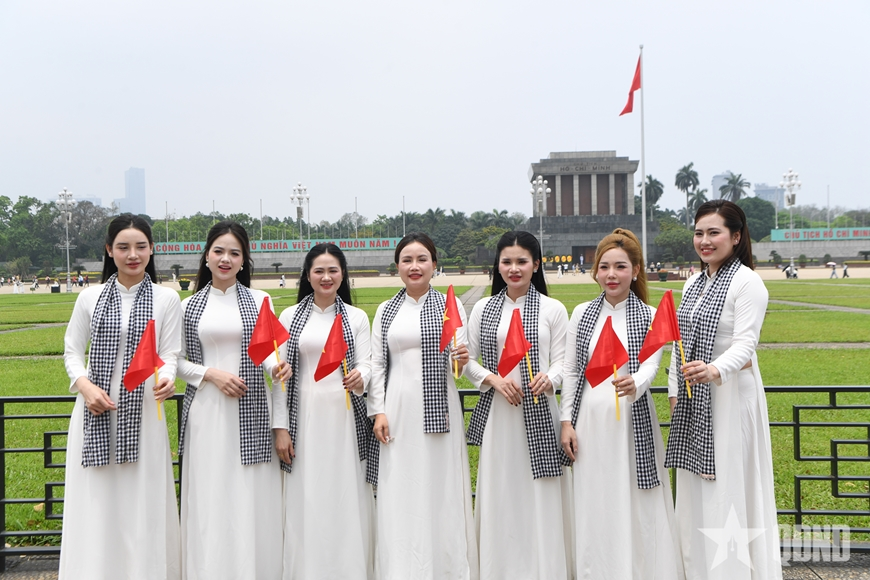
![[Photo] Tourists line up to receive special information publications from Nhan Dan Newspaper](https://vstatic.vietnam.vn/vietnam/resource/IMAGE/2025/4/24/3ac2c0b871244512821f155998ffdd60)
![[Photo] President Luong Cuong holds talks with Lao General Secretary and President Thongloun Sisoulith](https://vstatic.vietnam.vn/vietnam/resource/IMAGE/2025/4/24/98d46f3dbee14bb6bd15dbe2ad5a7338)

![[Photo] General Secretary To Lam receives Philippine Ambassador Meynardo Los Banos Montealegre](https://vstatic.vietnam.vn/vietnam/resource/IMAGE/2025/4/24/6b6762efa7ce44f0b61126a695adf05d)
![[Photo] Prime Minister Pham Minh Chinh works with the Academy of Posts and Telecommunications Technology](https://vstatic.vietnam.vn/vietnam/resource/IMAGE/2025/4/24/83f86984b516422fb64bb4640c4f85eb)
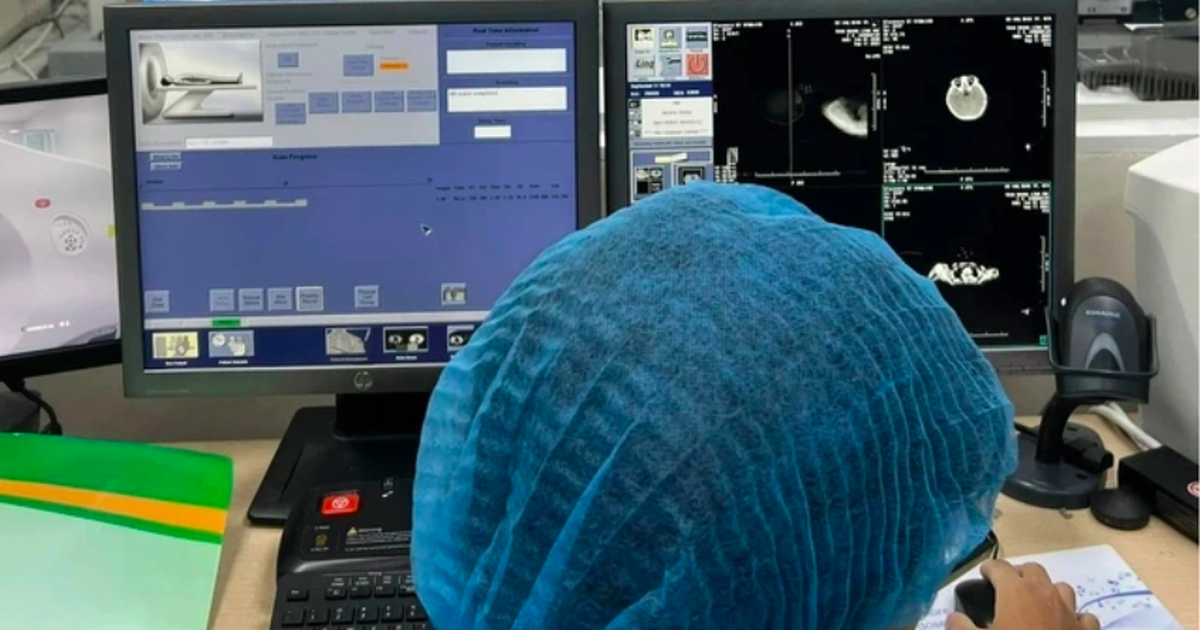
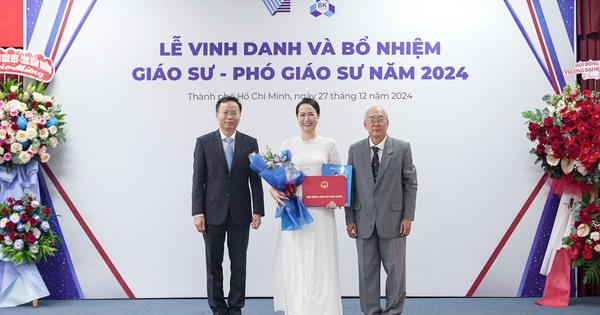




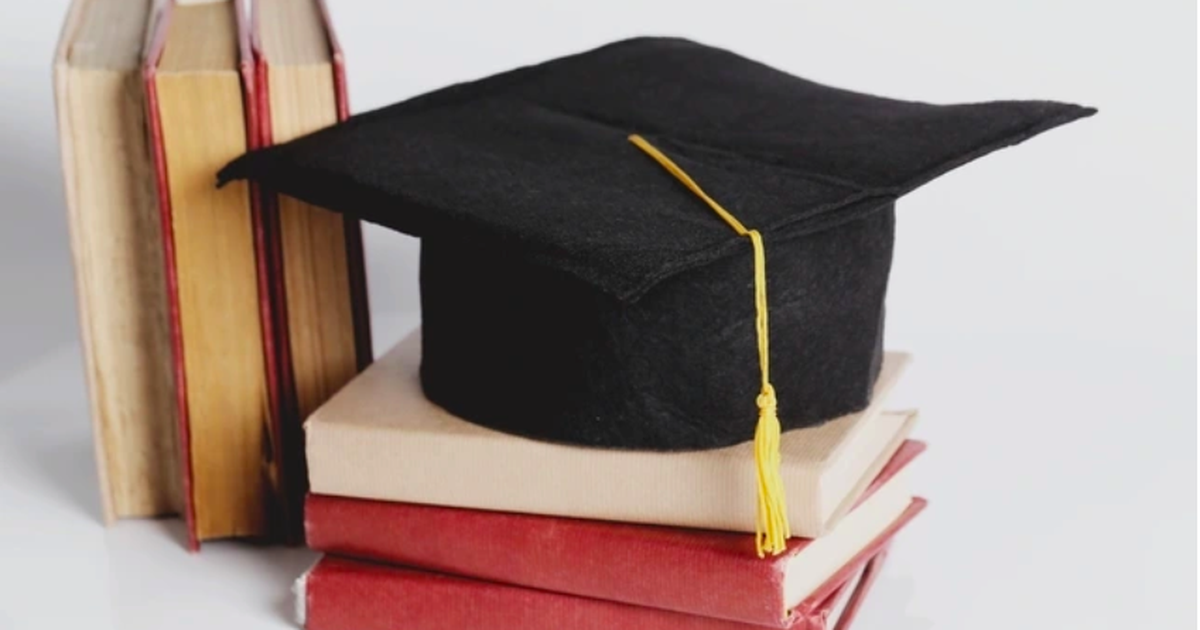
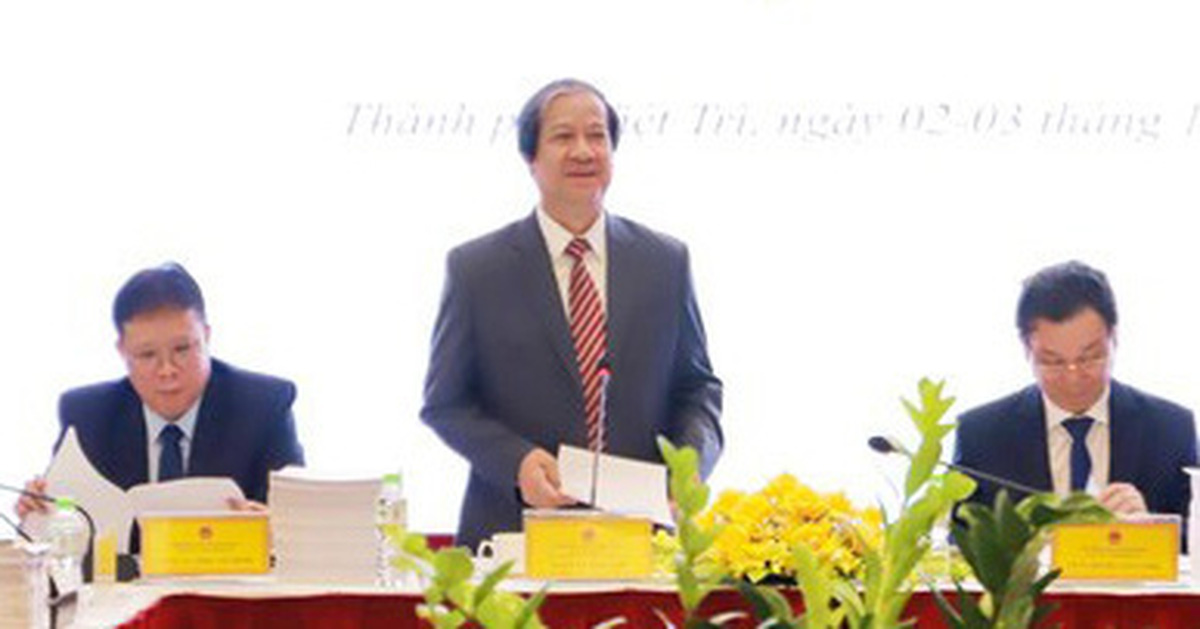

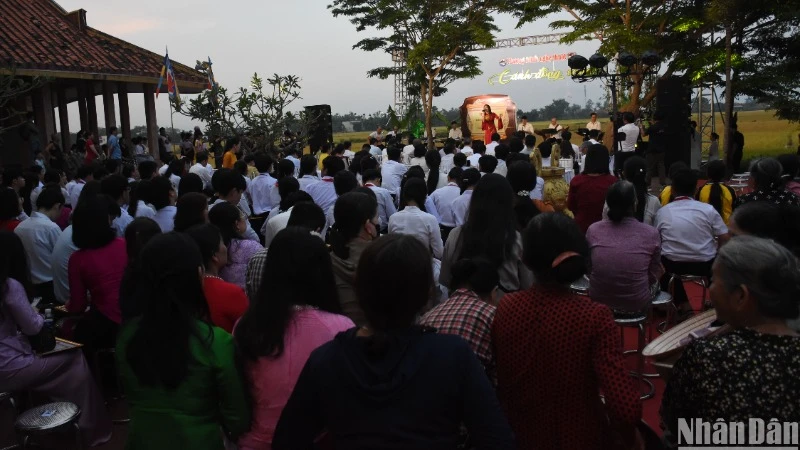


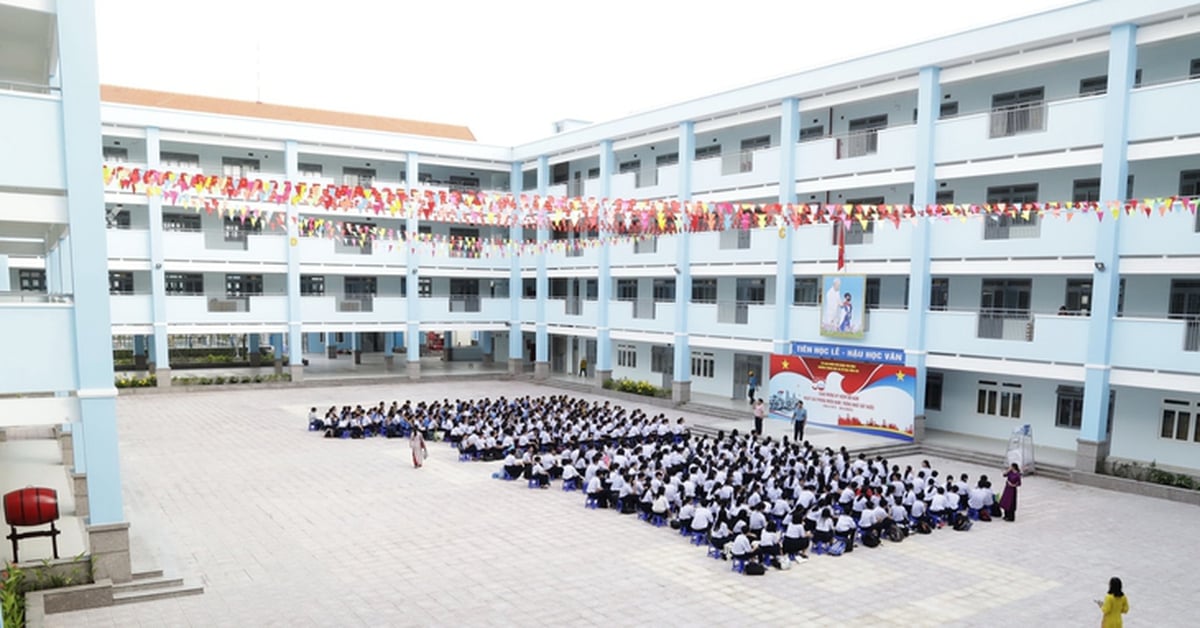
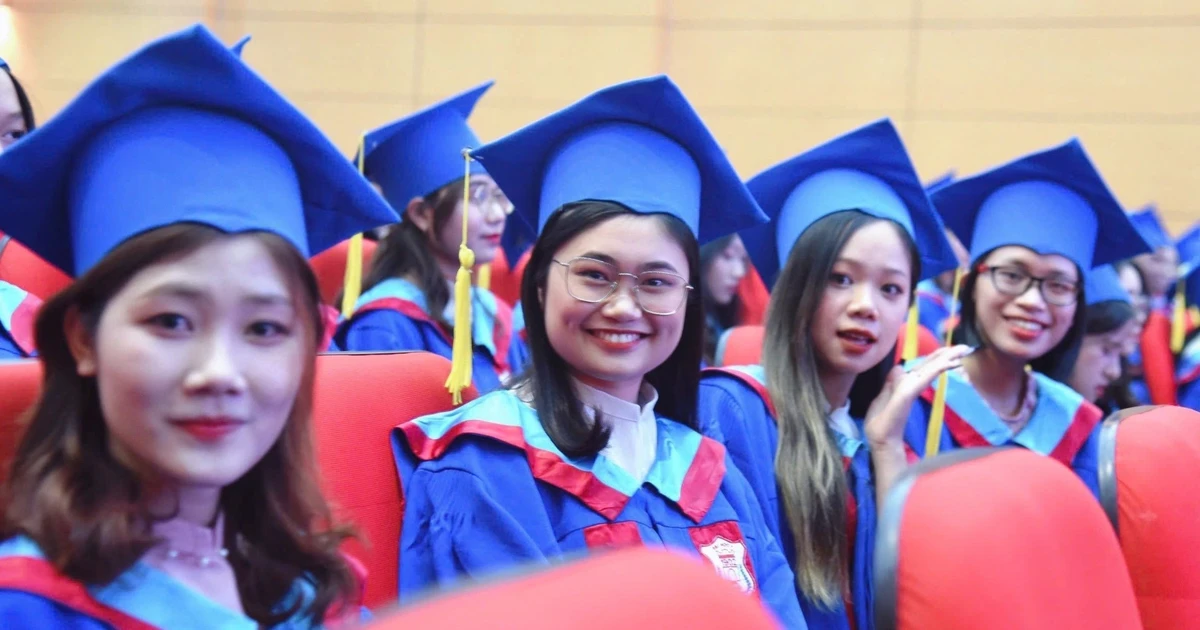
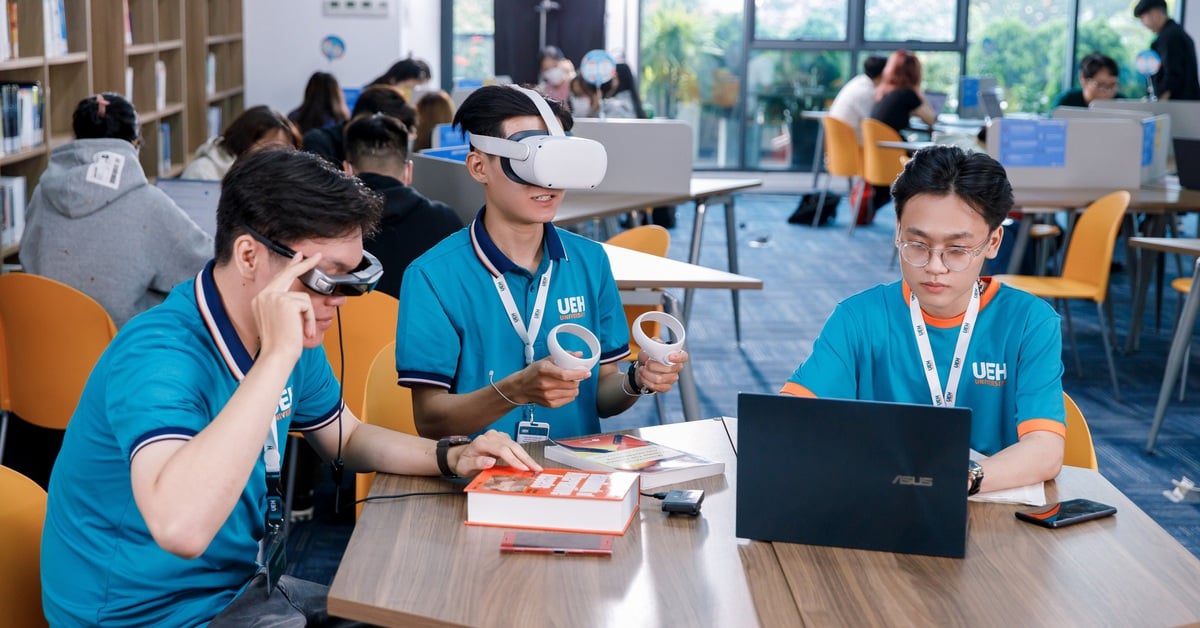




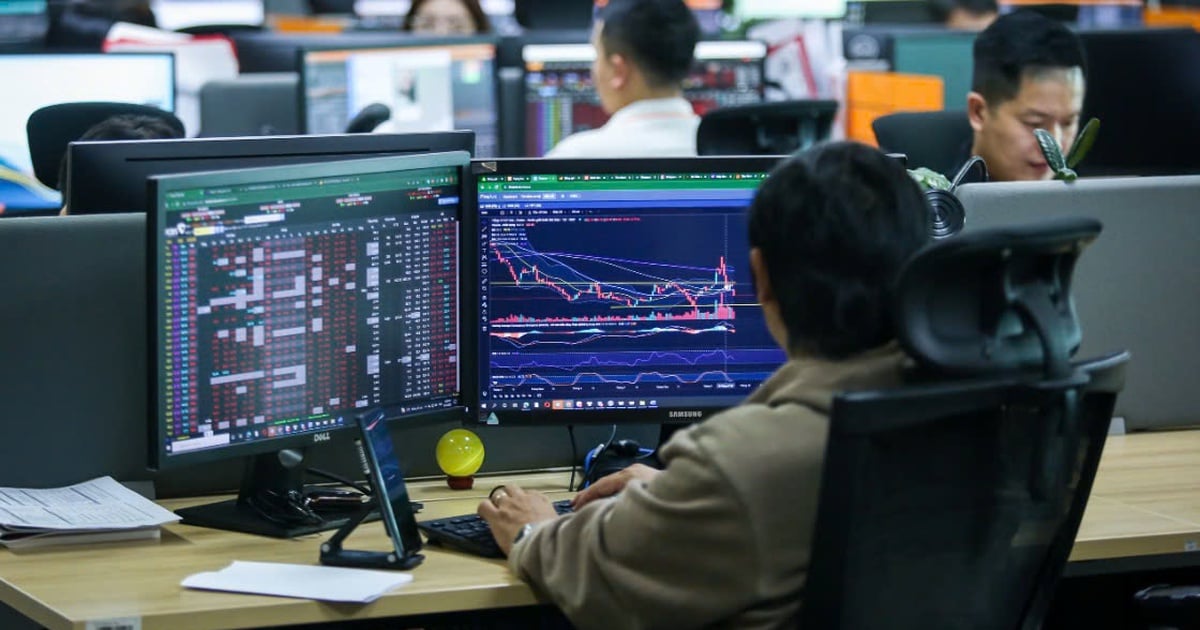



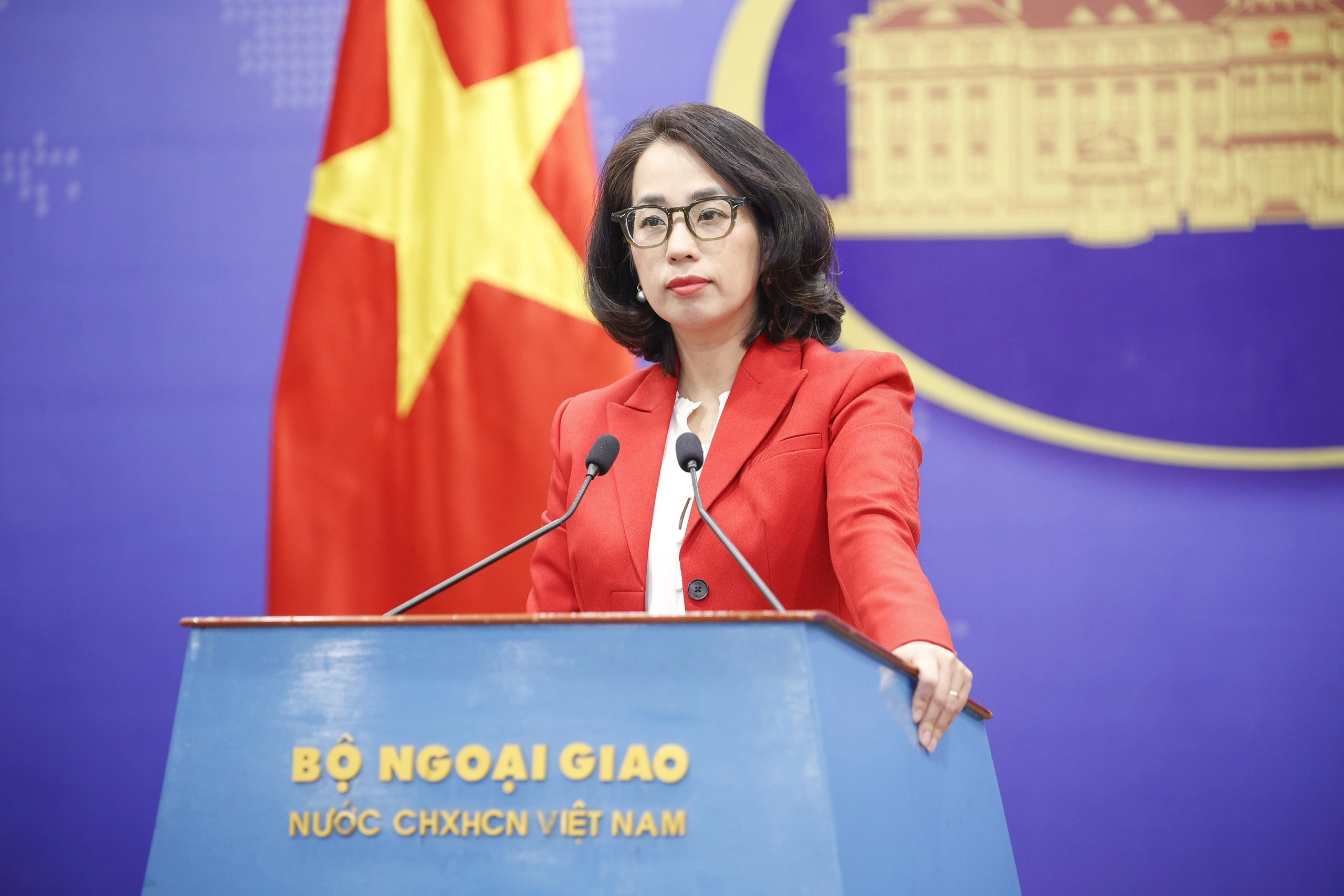



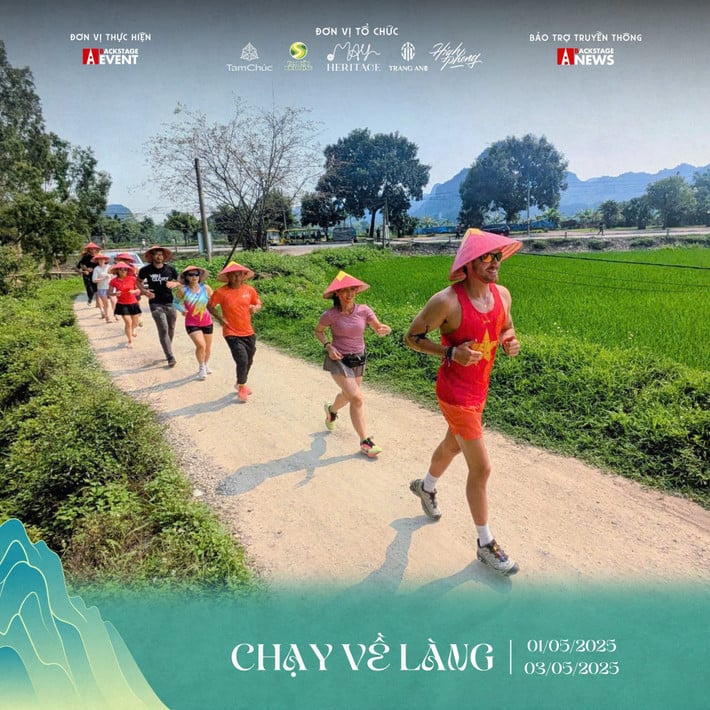

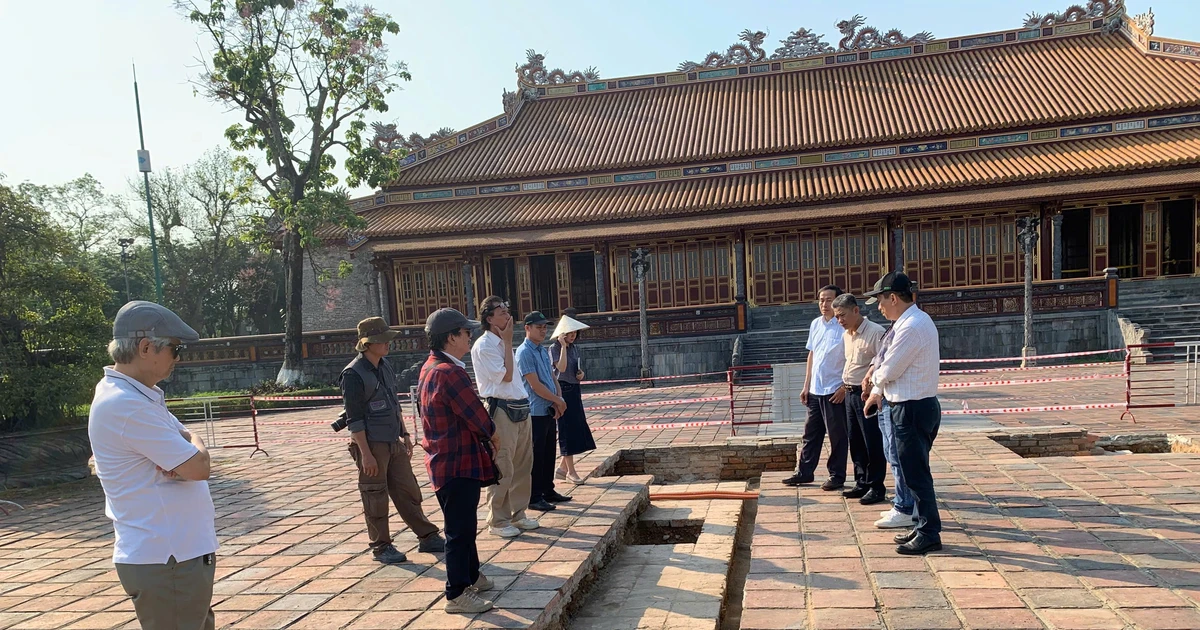

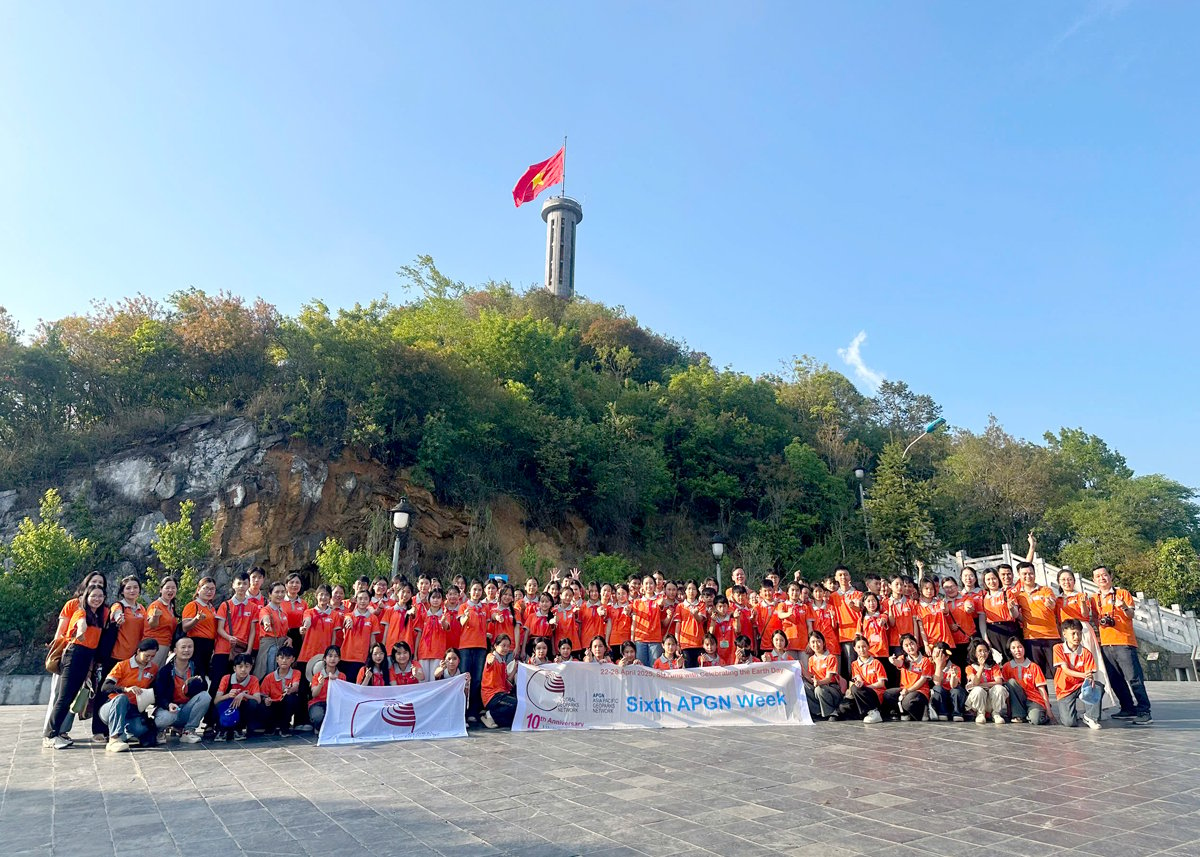







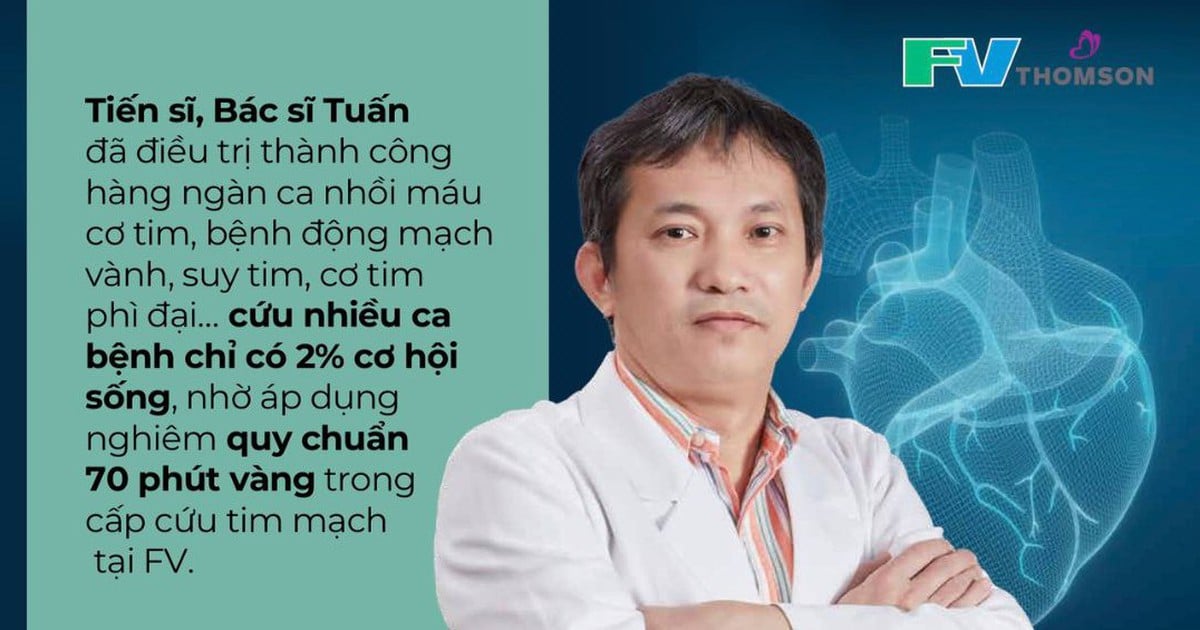
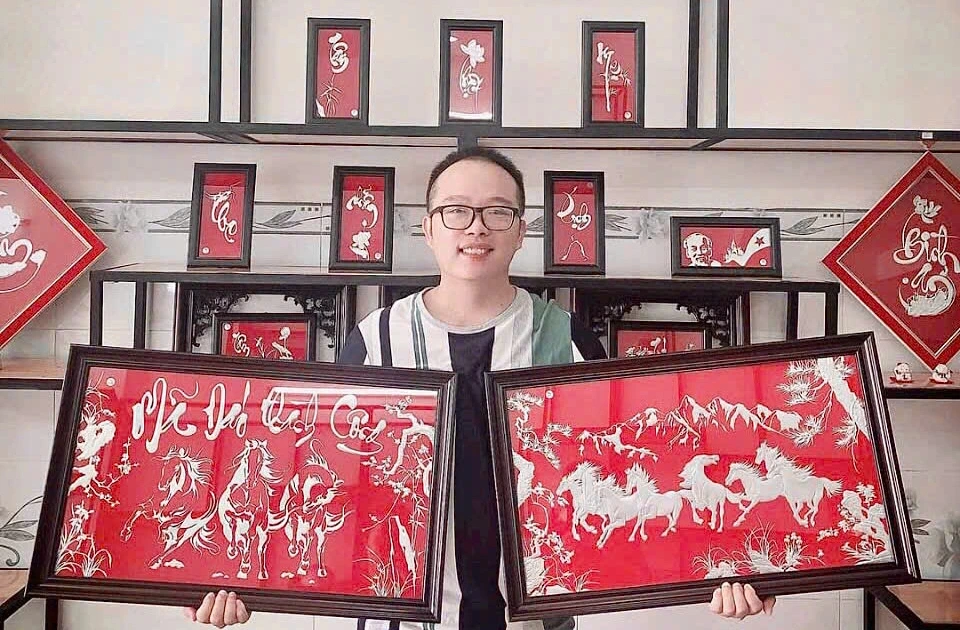



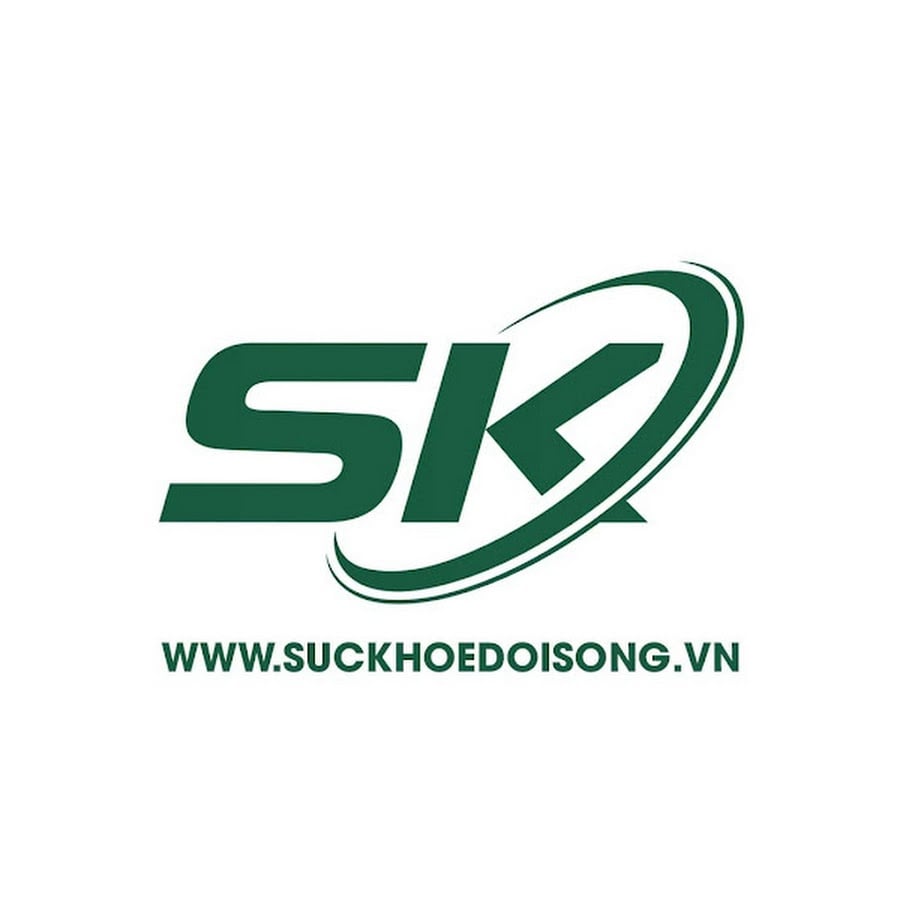

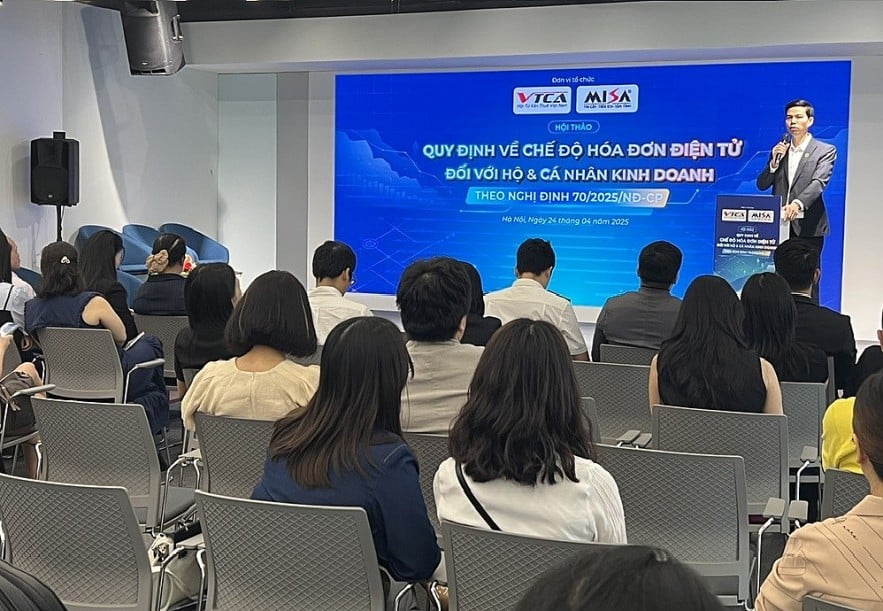


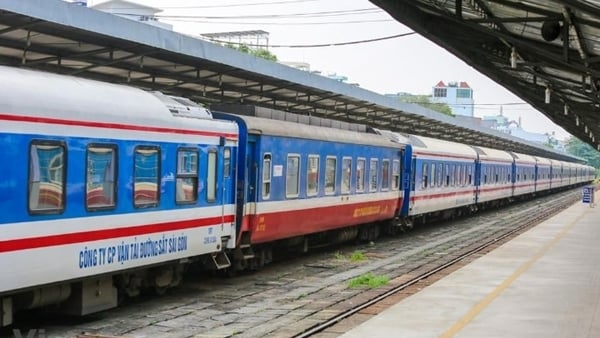









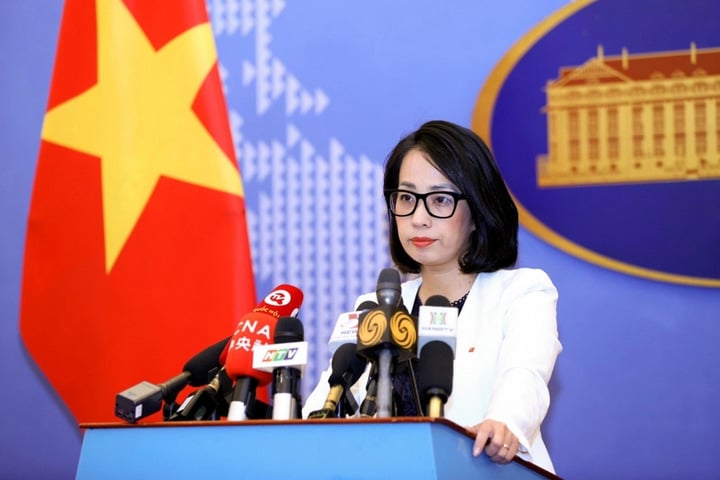



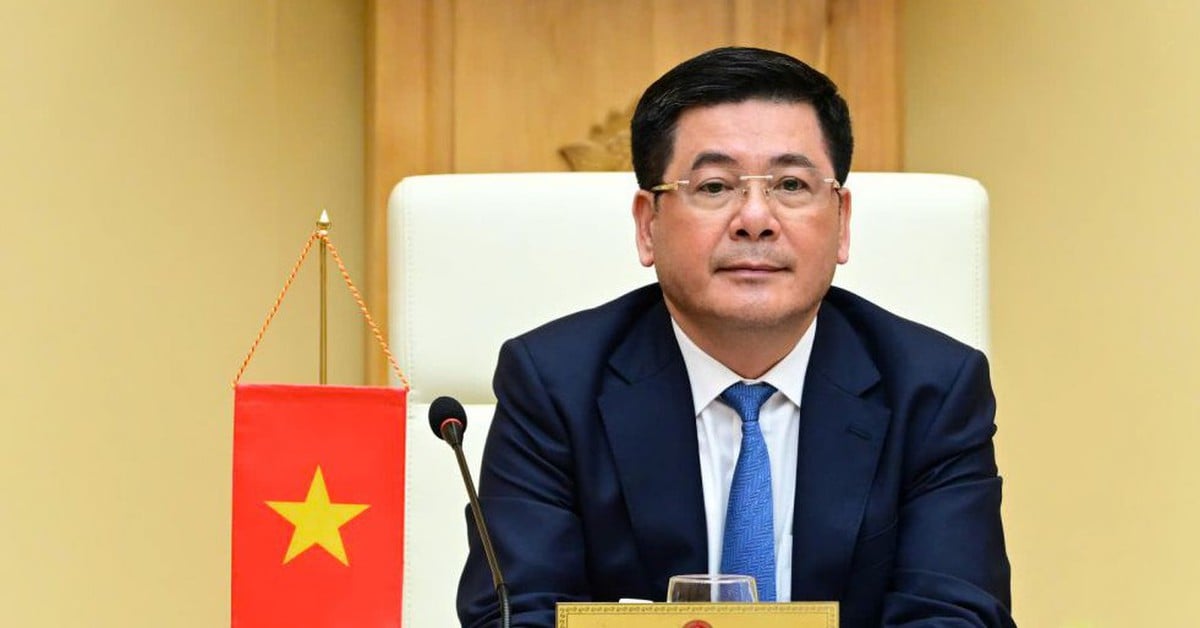



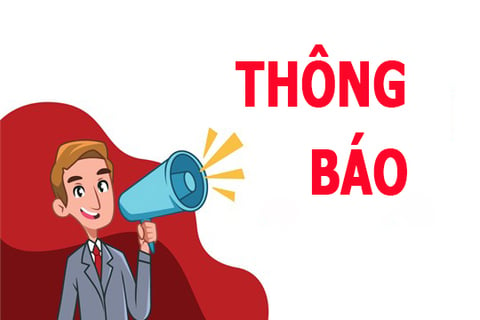



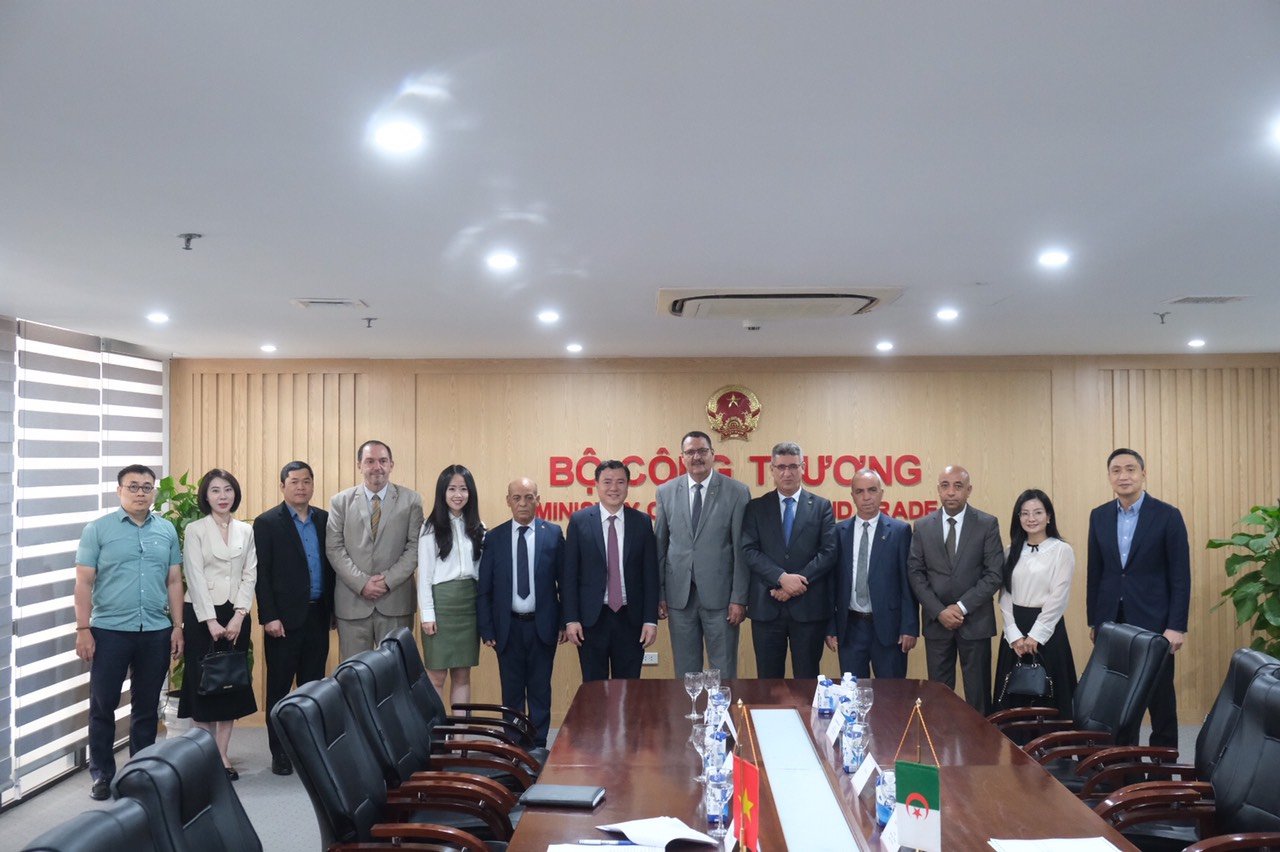

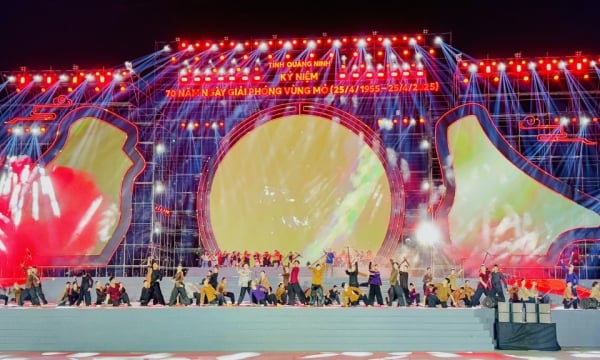
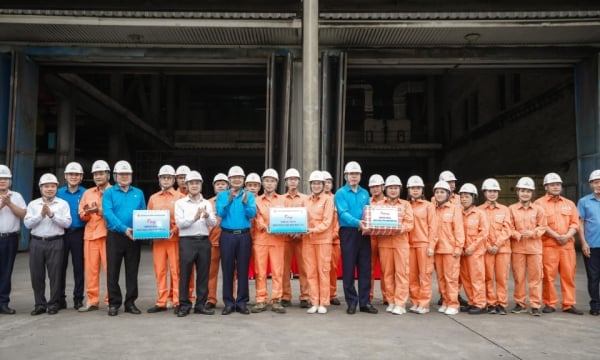
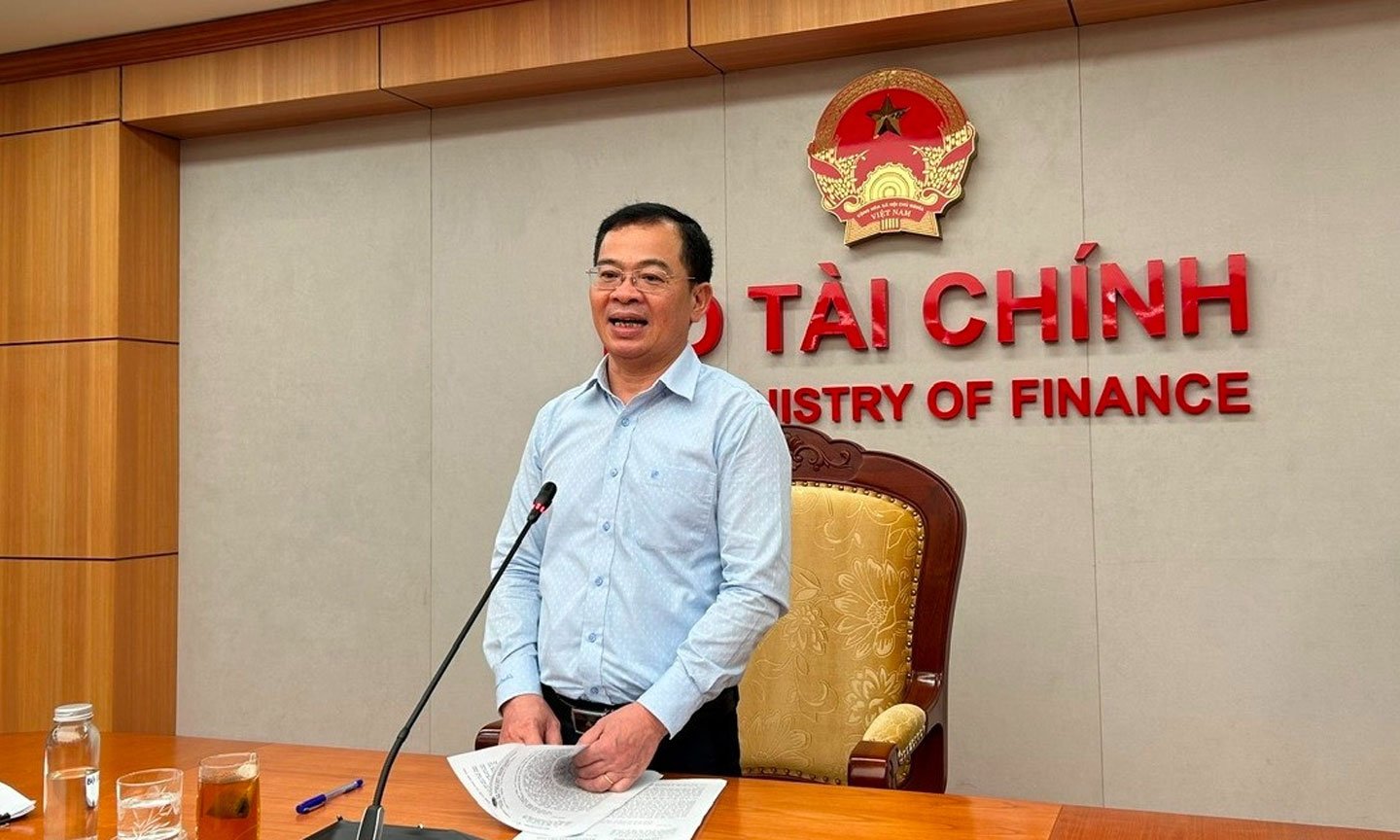

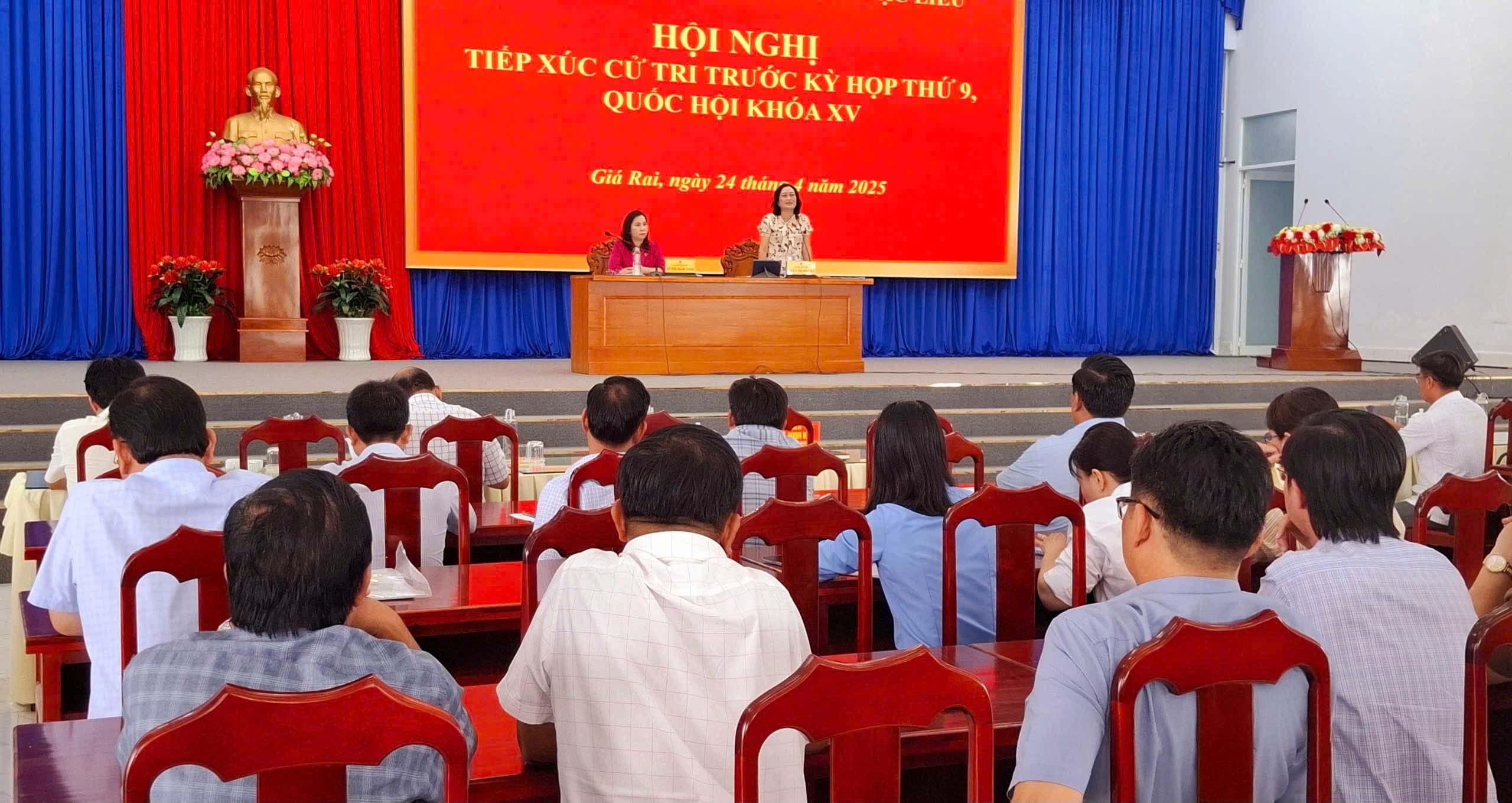


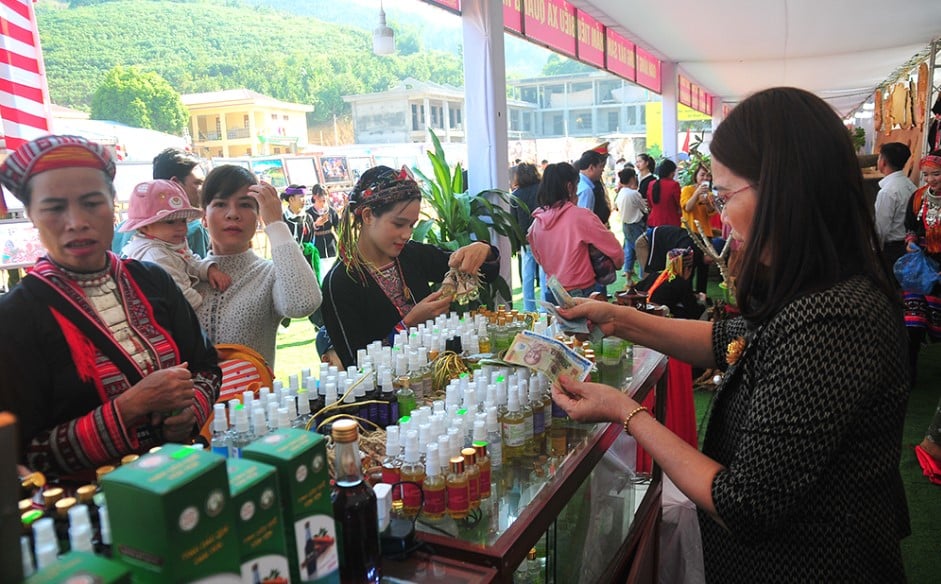



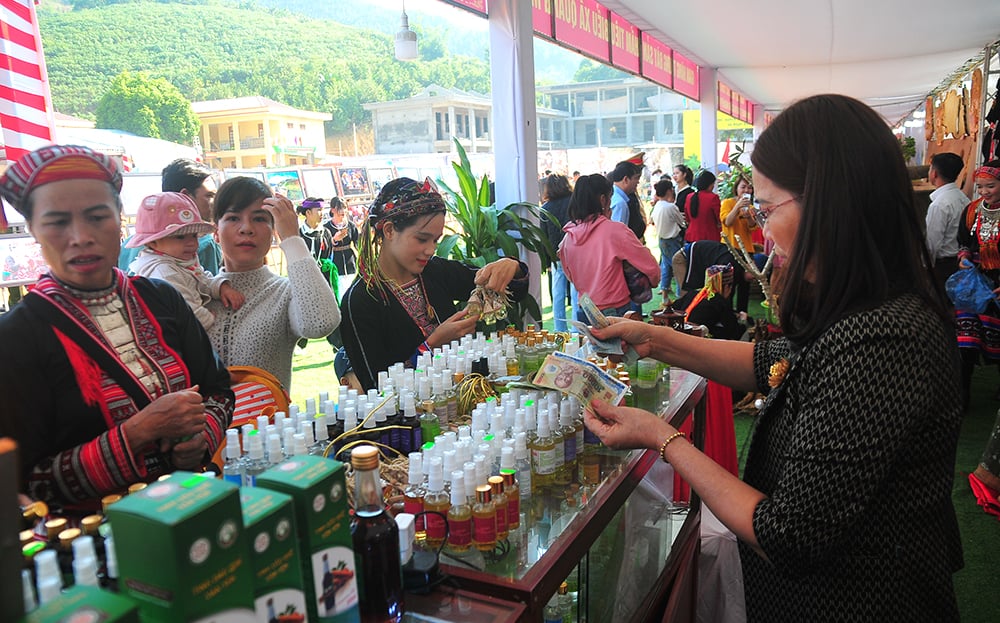


Comment (0)